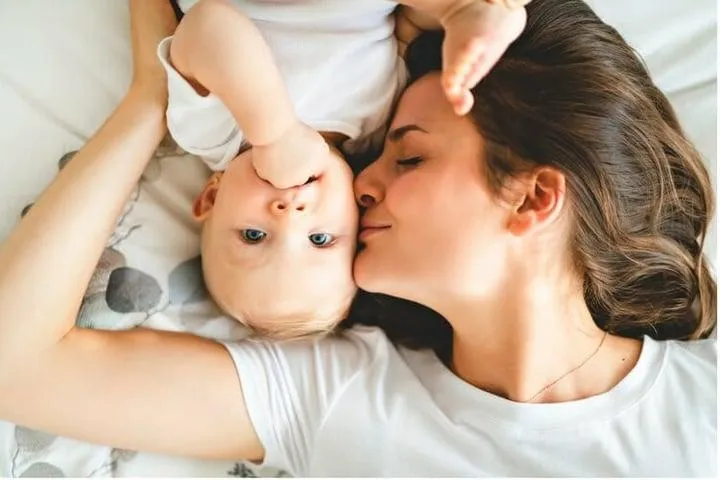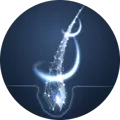Hair Rejuvenation Center
Rebecca's Blog
Hair Rejuvenation Center's Blog for Innovative Hair Loss Treatments

Oh Baby! Postpartum Hair Loss
For many women one of the greatest joys in life is having a baby. Prior to birth is a very special time when women take better care of their health. They often eat better, quit drinking alcohol, reduce their caffeine intake and take pre-natal vitamins. Their fingernails grow more quickly and their hair grows stronger and thicker. Rather than losing the normal 50 to 100 hairs a day, they may only lose 15 or 20 hairs. Then the baby comes, and three to five months later so does the shedding. Lots of shedding! A new mother may see upwards of 300 hairs a day in her brush. Suddenly joy turns to panic.
What can a new mother do about shedding?
Not all new mothers experience postpartum hair loss, which is a form of telogen effluvium, but many do. Telogen is the resting stage of hair growth and effluvium means shedding. Normally about 80 to 85% of our hair is in the anagen or growing stage, and 10 to 15% of our hair is in the resting stage. During pregnancy, women have elevated levels of estrogen which prolong the growing stage, and is why women often report less shedding and thicker hair during pregnancy. After giving birth estrogen levels plummet, causing more hairs to transition from the growing phase to the resting phase, and then they fall out. The good news is, this type of hair loss is usually temporary and tends to slow down after about three months. In 12 to 15 months you should have your normal hair back.
As a Certified Trichologist, I often get asked by new mothers if there’s anything that can be done to slow down the shedding and speed up the growth? Rogaine (Minoxidil) is a vasodilator, which allows more nutrients and oxygen to nourish hair, but the manufacturer doesn’t recommend using it if you’re breast feeding. Likewise, many hair supplements are not recommended while nursing. However, some doctors keep their patients on prenatal vitamins for a period of time after birth, providing extra nutrients to the body and hair. Low Level Laser Therapy (LLLT) is a good way to stimulate hair grow, but again, it’s not recommended if you’re breast feeding. If you aren’t breast feeding, these are all good options, but consult with your doctor before starting anything new. And, if the shedding continues after year, ask to have bloodwork done. Anemia, postpartum thyroiditis, low vitamin D, can all contribute to hair loss.
In the meantime, I recommend taking good care of yourself. Eat a healthy diet with plenty of protein. Try to get as much rest possible. It’s not easy with a newborn, but lack of sleep and stress can contribute to hair loss. Treat your hair well by using high quality products with less chemicals and more organic ingredients. Volumizing shampoos and styling products can make your hair look thicker. Use a lightweight conditioner that won’t weigh your hair down. Also, this might be a good time to consider getting a new, low-maintenance hairstyle. The demands of a newborn can leave new moms feeling exhausted. A little pampering goes a long way.
Click HERE to get started TODAY!
BOOK YOUR CONSULTATION TODAY
Consult with Hair Rejuvenation Center today to transform how you look and FEEL!

Hair Rejuvenation Center is a full service hair loss clinic dedicated to providing the highest quality products and best hair loss services in the Evansville, IN and surrounding areas.
ABOUT
SERVICES
CONNECT WITH US TODAY
© Copyright 2023. Hair Rejuvenation Center. All rights reserved.